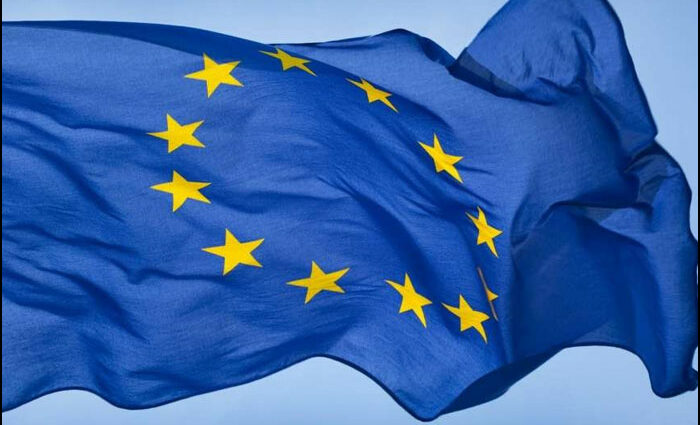Euro area private sector activity shrank at the end of 2022, at the least marked pace since July, on the back of a slower fall in order books and a rebound in business confidence amid slowing inflation, results of the closely watched purchasing managers’ survey suggested Wednesday.
The composite output index rose to 49.3 in December from 47.8 in November, data from S&P Global showed.
This was the highest reading since last July and above the flash estimate of 48.8. However, a score below 50.0 indicates contraction.
Manufacturing was again the principal drag on overall output.
Services activity also continued to fall. The services Purchasing Managers’ Index, or PMI, climbed more-than-estimated to 49.8 in December from 48.5 in November. The flash score was 49.1.
Final PMIs suggest the euro-zone economy held up better than anticipated in the fourth quarter, but are still consistent with a mild recession, Capital Economics’ economist Franziska Palmas said.
Joe Hayes, a senior economist at S&P Global Market Intelligence, said there is little evidence across the survey results to indicate that the currency bloc may return to meaningful and stable growth any time soon.
At composite level, output volumes declined in December due to subdued demand conditions. Some firms cited the negative effects of higher interest rates on demand. The fall in manufacturing sales continued to outpace that seen in services.
Staffing levels expanded further in December, extending the current run of job creation that started almost two years ago.
On the price front, input cost inflation eased to a 19-month low as increases moderated at both goods producers and services companies. As a result, output charge inflation rose at the weakest pace in a year.
Business sentiment improved further in December to a four-month high. Nonetheless, recession risks, energy market concerns and high inflation continued to weigh on confidence.
Spain was only fractionally inside contraction territory and Italy also moved closer to the 50.0 mark. By contrast, Germany and France registered faster deteriorations in output than the former two.
Germany’s private sector contracted at the slowest pace in the current six-month sequence of decline. The composite output index posted 49.0 in December, up from 46.3 in November and the flash reading of 48.9.
The services PMI rose notably from November’s 46.1 to 49.2 in December and was above the flash 49.0.
The French private sector contracted for the second consecutive month in December but at a moderate pace. The composite index came in at 49.1 versus 48.7 in November. The reading was well above the flash 48.0. The services PMI climbed to 49.5 from 49.3 in the prior month. The preliminary score was 48.1.
Italy’s composite output index posted below the 50.0 mark to signal a sixth consecutive monthly contraction in private sector output. Nonetheless, the score advanced to 49.6 from 48.9 in November. The services PMI stood at 49.9 versus 49.5 a month ago.
Spain’s composite output index registered 49.9 in December, up slightly from 49.6 in the prior month. Moderate growth of service sector activity was outweighed by an ongoing contraction of manufacturing output. The services business activity index recorded 51.6, up from 51.2 in November.
Source: Read Full Article
-
UK House Prices Remain Stable Amid Subdued Housing Market Outlook
-
Use it or lose it: Making the most of your health insurance is more important than ever
-
Roper Technologies Boosts FY22 Adj. EPS Outlook; Q2 Profit Top Estimates
-
First home, not HECS: Parents not helping with student debt despite hikes
-
China is blowing its chance to be the king of the world

